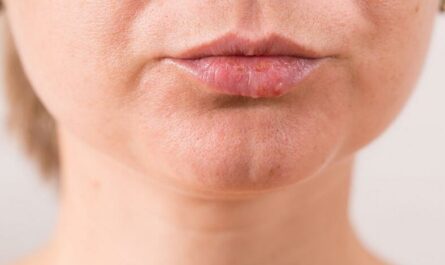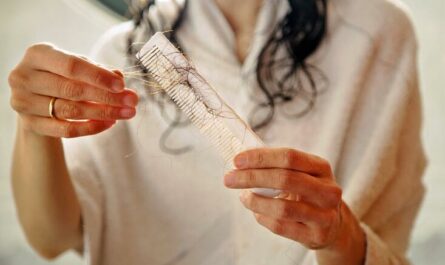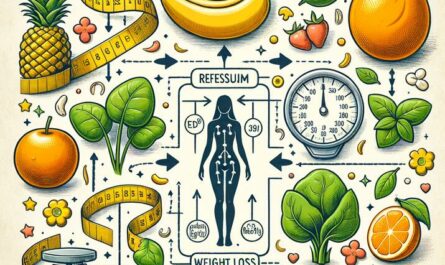Bruises, also known as contusions, are a common skin injury that occurs when small blood vessels under the skin rupture, causing blood to leak into the surrounding tissues. They can be unsightly and painful, but the good news is that there are several natural remedies to help make bruises go away quickly. This article will explore 14 easy ways to make bruises go away as fast as possible.
How Do Bruises Form?
Before diving into the methods to make bruises go away quickly, let’s understand how bruises form in the first place. When an injury occurs, small blood vessels near the skin’s surface can rupture, causing blood to leak into the surrounding tissue.
This blood accumulation creates the discoloration we commonly associate with bruises. Initially, bruises may appear red or purple and gradually change to blue, green, or yellow as they heal.
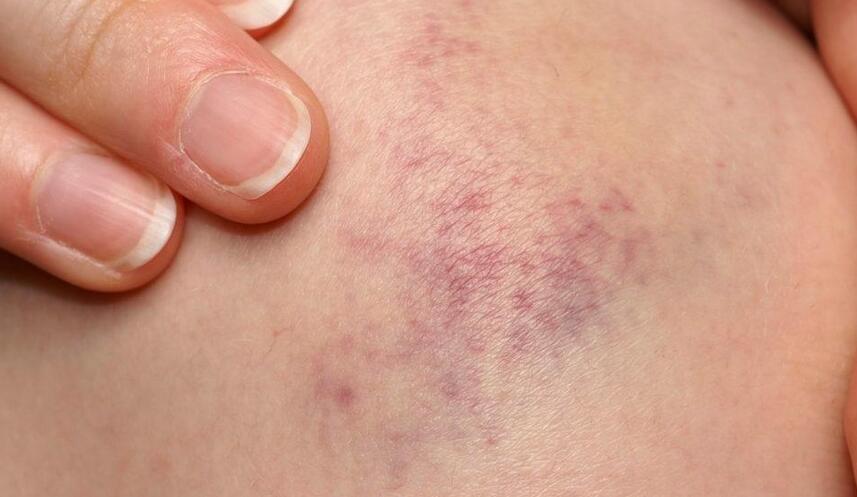
Common Reasons Why Your Bruises Won’t Go Away
1. Medications and Medical Conditions
Certain medications and medical conditions can contribute to delayed bruise healing. Medications such as blood thinners, antiplatelet drugs, and corticosteroids can prevent normal blood clotting. This makes it more difficult for bruises to heal.
Additionally, underlying medical conditions like hemophilia can impair the body’s ability to repair damaged blood vessels.
2. Vitamin Deficiencies
A deficiency in essential vitamins, particularly vitamins C and K, can affect the body’s ability to heal bruises efficiently. Vitamin C is vital for collagen production, which plays a crucial role in tissue repair.
Vitamin K, on the other hand, helps in blood clotting, ensuring that the broken blood vessels in the bruised area close off properly. The bruising process may be prolonged without an adequate supply of these vitamins.
3. Aging Skin
As we age, our skin becomes thinner and loses some elasticity. This can make the blood vessels more prone to damage and leakage, resulting in bruises that take longer to heal.
Aging skin also tends to have a reduced supply of collagen and other nutrients necessary for tissue repair, further contributing to delayed bruise healing.
4. Trauma Severity
The severity of the initial trauma can directly impact the healing time of a bruise. A more significant impact or injury will likely cause more extensive damage to the blood vessels.
This can lead to a larger and more stubborn bruise. The body requires more time to repair the extensive damage, hence the delayed healing.
5. Poor Circulation
Inadequate blood circulation can impede the healing process of bruises. When blood flow to the bruised area is compromised, essential nutrients and oxygen needed for healing are not efficiently delivered. This can lead to a prolonged recovery time for bruises.
Conditions like peripheral artery disease or diabetes affecting circulation may contribute to delayed bruise healing.
6. Smoking
Smoking has been linked to numerous health issues, and delayed bruise healing is one of them. The chemicals in cigarettes can constrict blood vessels and reduce blood flow. This impairs the body’s ability to repair damaged blood vessels and heal bruises.
7. Infections
In some cases, bruises may become infected, leading to delayed healing and potential complications.
Bacterial or fungal infections can occur when bacteria or fungi enter the broken skin through the bruised area. These infections can prolong the healing process and may require medical intervention, such as antibiotics or antifungal medication, to resolve.
8. Underlying Health Conditions
Certain underlying health conditions can affect the body’s natural healing process. Conditions like diabetes, kidney disease, and autoimmune disorders can impair the body’s ability to heal bruises efficiently. Managing these underlying health conditions is essential for optimal healing.
9. Excessive Sun Exposure
Prolonged exposure to the sun’s harmful ultraviolet (UV) rays can weaken the skin’s structure. This makes blood vessels more susceptible to damage. This can result in prolonged bruise healing time.
10. Undiagnosed Blood Disorders
In rare cases, bruises that won’t go away may indicate an undiagnosed blood disorder. Conditions like von Willebrand disease or coagulation disorders can lead to abnormal bleeding and bruising.
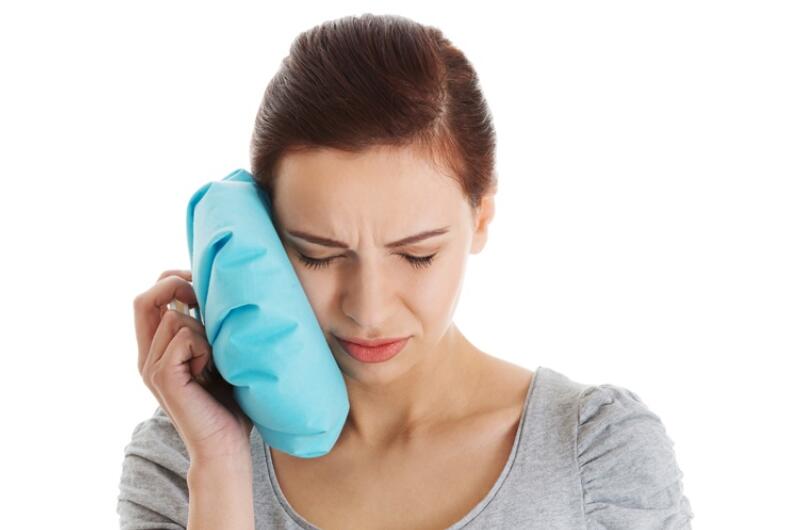
14 Natural Remedies to Make Bruises Go Away Quickly
1. Arnica Gel
Arnica gel contains compounds like helenalin, known for their anti-inflammatory and analgesic properties. These components help reduce swelling, ease pain, and improve blood circulation, which aids in healing bruises.
- Clean the affected area gently with mild soap and water.
- Apply a thin layer of arnica gel directly to the bruise.
- Gently massage the gel into the skin using circular motions to enhance absorption.
- Repeat this process two to three times a day until the bruise fades.
2. Comfrey
Comfrey contains allantoin, a compound that promotes cell regeneration and accelerates the healing of bruises and wounds. It also has anti-inflammatory properties that can reduce pain and swelling.
- Crush fresh comfrey leaves to extract the juice, or purchase comfrey ointment from a reliable source.
- Apply the comfrey juice or ointment to the bruise.
- Cover the area with a clean bandage or gauze.
- Leave it on for a few hours or overnight to allow the healing properties to work.
- Repeat this process daily until the bruise disappears.
3. Witch Hazel
Witch hazel contains tannins that act as a natural astringent. When applied to the skin, it helps tighten blood vessels, reducing blood flow to the bruised area and minimizing swelling.
- Soak a cotton ball in witch hazel extract.
- Gently dab the cotton ball onto the bruise.
- Leave it on for about 15 minutes.
- Rinse the area with cold water.
- Repeat this process twice a day for best results.
4. Turmeric
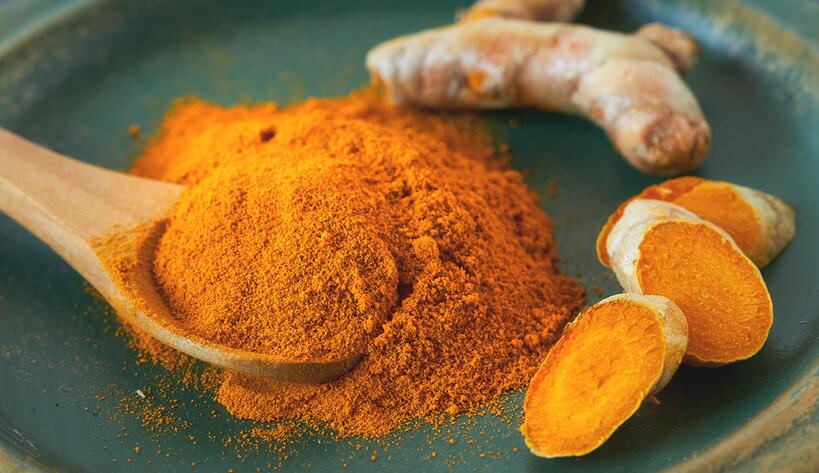
Turmeric’s active compound, curcumin, possesses powerful anti-inflammatory and antioxidant properties. It helps reduce pain, swelling, and inflammation associated with bruises.
- Mix turmeric powder with a small amount of water to form a paste.
- Apply the paste directly to the bruise.
- Cover the area with a bandage or gauze to prevent staining.
- Allow it to sit for 30 minutes to an hour.
- Rinse the area with warm water.
- Repeat this process once or twice daily until the bruise heals.
5. Pineapple
Pineapple contains bromelain, an enzyme with anti-inflammatory properties. Bromelain helps break down blood clots and reduce swelling, effectively healing bruises.
- Cut a slice of fresh pineapple.
- Apply the juicy side of the slice to the bruise.
- Gently massage the area for a few minutes to help the bromelain penetrate the skin.
- Leave the pineapple juice on the bruise for about 20 minutes.
- Rinse the area with water.
- Repeat this process twice a day until the bruise disappears.
6. Cold Compress
A cold compress constricts blood vessels, which helps reduce blood flow to the bruised area. This, in turn, minimizes swelling and prevents the bruise from spreading further.
- Wrap ice cubes in a thin towel or cloth to create a cold compress.
- Apply the compress gently to the bruise.
- Keep it on the bruised area for 10 to 15 minutes.
- Take a break for a few minutes and then reapply if needed.
- Repeat this process every few hours within the first 24 hours of sustaining the bruise.
7. Warm Compress
Once the initial swelling has subsided, applying a warm compress can help improve blood circulation, facilitating the reabsorption of pooled blood and hastening the healing process.
- Soak a clean towel in warm water.
- Wring out the excess water.
- Place the warm towel gently on the bruise.
- Leave it on for 15 to 20 minutes.
- Repeat this process two to three times a day as needed.
8. Vitamin K
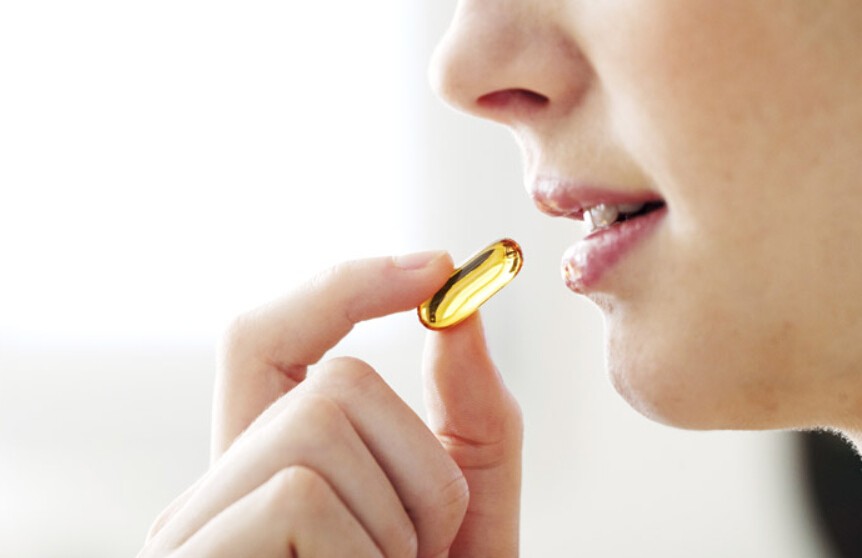
Vitamin K plays a crucial role in blood clotting. Consuming foods rich in vitamin K can help strengthen blood vessels and speed up the body’s natural healing process for bruises.
- Incorporate vitamin K-rich foods like spinach, kale, collard greens, and broccoli into your diet.
- Aim for at least one serving of these foods daily to promote faster healing.
9. Epsom Salt Bath
Epsom salt baths can help relax muscles and improve blood circulation, aiding in the healing of bruises and reducing inflammation.
- Fill your bathtub with warm water.
- Add one to two cups of Epsom salt to the water.
- Stir the water to ensure the salt dissolves.
- Soak in the bath for 20 to 30 minutes.
- Rinse off with clean water afterward.
10. Aloe Vera
Aloe vera is known for its soothing and anti-inflammatory properties, making it an excellent remedy for reducing pain and inflammation associated with bruises.
- Slice open a fresh aloe vera leaf and extract the gel.
- Apply the gel directly to the bruised area.
- Allow it to dry naturally on the skin.
- Reapply the gel two to three times a day for best results.
11. Essential Oils
Certain essential oils, such as lavender and chamomile, have anti-inflammatory and analgesic properties that can help alleviate pain and reduce swelling associated with bruises.
- Dilute essential oils with a carrier oil like coconut or almond oil.
- Gently massage the diluted oil onto the bruised area.
- Let it absorb into the skin.
- Repeat this process two to three times a day for relief.
12. Elevate the Area
This is an easy way to relieve the bruise. You can elevate the affected area above the heart level reduces blood flow to the bruised area, minimizing swelling and discoloration.
- Prop up the bruised limb with pillows while lying down or sitting.
- Keep the area elevated for at least 20 to 30 minutes several times daily.
13. Rest and Relaxation
Resting the affected area reduces the risk of further injury and gives your body the time it needs to heal the bruise naturally.
- Avoid putting pressure on the bruised area whenever possible.
- Rest and avoid strenuous activities that could worsen the injury.
14. Stay Hydrated
Staying hydrated helps flush out toxins from the body, supports the immune system, and aids in tissue repair, enhancing healing.
- Aim to drink at least 8 cups (64 ounces) of water daily.
- Stay hydrated to support your body’s natural healing abilities.
Frequently Asked Questions
1. Can I cover a bruise with makeup?
Yes, you can cover a bruise with makeup to temporarily conceal its appearance. Start by applying a color corrector that matches the bruise’s hue, such as a yellow or green shade, to neutralize the discoloration.
Then, apply a concealer that matches your skin tone over the color corrector. Blend the makeup gently using a makeup sponge or your fingertips. Remember to choose makeup products suitable for your skin type and avoid further irritating the bruised area.
2. Should I apply heat to a fresh bruise?
No, applying heat to a fresh bruise is generally not recommended. Heat can increase blood flow to the area, potentially worsening swelling and prolonging healing.
Stick to cold compresses during the initial stages of a bruise, and only consider applying heat after 48 hours when the swelling has subsided.
3. Are there any medical conditions that can delay bruise healing?
Certain medical conditions can affect the body’s natural healing process and lead to delayed bruise healing.
Conditions such as diabetes, hemophilia, or clotting disorders can interfere with blood clot formation and impair the body’s ability to heal bruises efficiently.
If you have any underlying medical conditions, working closely with your healthcare provider to manage your health and ensure optimal healing is important.
4. Can I prevent bruises from forming?
While it may not be possible to prevent all bruises, there are measures you can take to minimize their occurrence.
Avoiding situations that may lead to falls or injuries, wearing protective gear during sports or physical activities, and maintaining a balanced diet rich in essential nutrients can help improve your overall skin health and reduce the likelihood of bruising.
5. When should I seek medical attention for a bruise?
Most bruises heal on their own within a few weeks. However, you should seek medical attention if you experience severe pain or immobility or if the bruise is accompanied by other concerning symptoms, such as persistent swelling, excessive bleeding, or signs of infection (redness, warmth, pus).
6. How long does it take for bruises to go away completely?
The duration for bruises to fade completely can vary depending on various factors, including the severity of the injury and individual healing abilities.
Generally, mild bruises may take 1-2 weeks to disappear, while more severe bruises can take several weeks or longer. Following the tips mentioned in this article can help expedite the healing process and reduce the overall duration of bruising.
Conclusion
Bruises can be a temporary inconvenience, but you can make them go away quickly with the right approach. Remember to consult a healthcare professional if the bruise is accompanied by severe pain or other worrisome symptoms.


